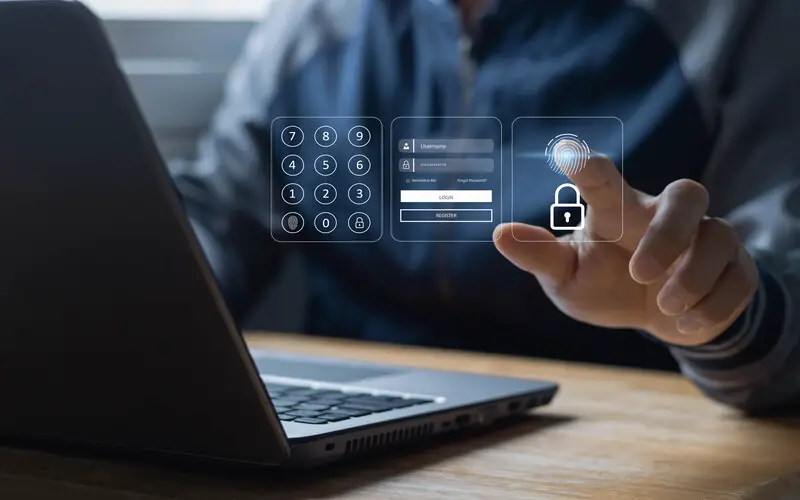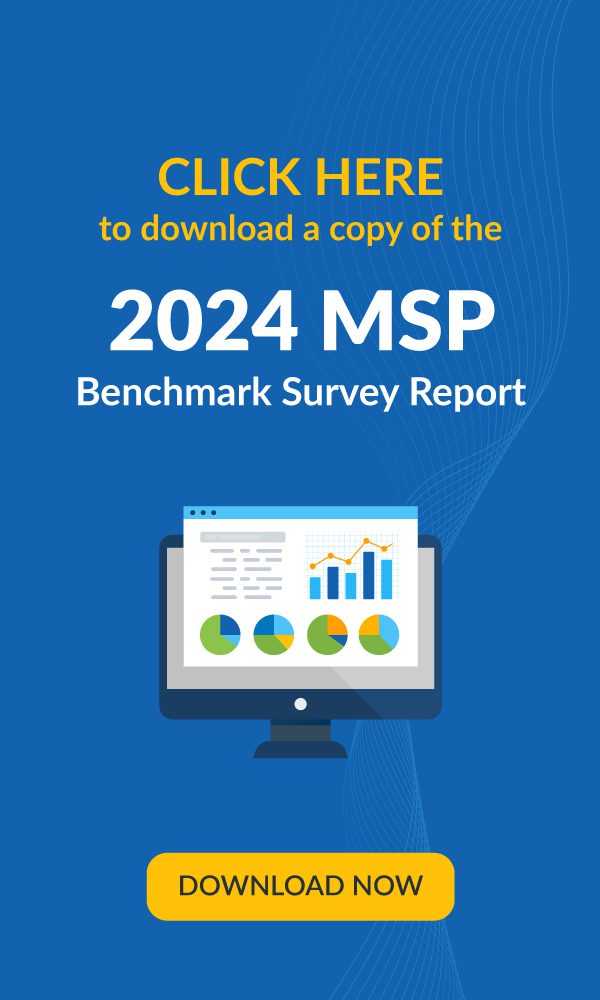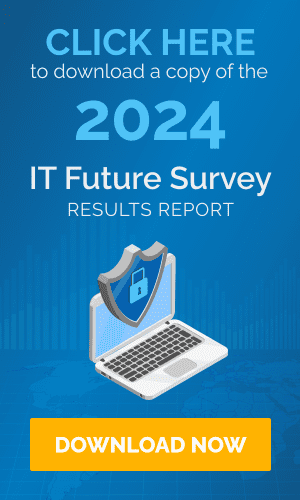Cyberattacks have grown rapidly over the past few years and no industry is safe. Not only have cyberattacks become way more sophisticated, they increased by 29% across organizations worldwide during the first half of 2021. Plus, with the rapid rise of the BYOD culture in the workplace and thousands of personal devices connecting to corporate networks, the chances of malware attacks are only getting higher.
Let’s take a glance at some significant cyberattacks that took place in 2021:
- In March 2021, major U.S. insurance giant, CNA Financial Corporation, was attacked by the ransomware group Phoenix and ended up paying a ransom of $40 million.
- In May 2021, Colonial Pipeline was attacked by DarkSide ransomware and had to pay a ransom of $4.4 million.
- JBS Foods, one of the biggest U.S. meat suppliers, became a victim of the REvil (Sodinokibi) ransomware gang and paid a ransom of $11 million.
With this rise in attacks, the role of MSPs has never been more important than it is now. Most small and medium businesses (SMBs) today depend on MSPs like you for security solutions — and it isn’t difficult to understand why.
- First, SMBs need expert help to mitigate the exposure and consequences of a high volume of sophisticated attacks.
- Second, security has become increasingly complex and expensive to manage. SMBs have been struggling to keep up with constantly changing data privacy and compliance requirements.
- Finally, the exorbitant cost of hiring and training skilled security professionals has pushed SMBs to seek help from MSPs.
This presents a perfect opportunity for MSPs like you to expand your portfolio of services into the security space. Merely offering some basic level of security is not enough anymore. You need to go advanced.
Is cyber liability insurance beneficial for MSPs?
Today, most businesses deal with sensitive customer data such as account numbers, social security numbers, health records, card details, etc. That’s why it’s even more critical to ensure the confidentiality, integrity and accessibility of customer information.
Cyberattacks can not only harm your systems but also damage your brand’s reputation. Plus, an attack also puts customers and employees at risk. Therefore, cyber liability insurance is needed to mitigate these threats irrespective of the size of your company. It covers your business’ liability for a data breach involving sensitive customer information.
Having cyber liability insurance will cover a significant portion of the financial losses you suffer after a cyberattack. There are mainly two types of coverages offered by insurers: first-party and third-party.
- First-party insurance usually covers damage to digital assets and business interruptions.
- Third-party insurance covers liability and the costs of forensic investigations, customer notification, credit monitoring, public relations, legal defense, compensation and regulatory fines.
Why getting cyber liability insurance isn’t simple
Most MSP cybersecurity insurance policies lack standardization and are unregulated. That’s why it is critical for you, as an MSP, to select a firm that has in-depth knowledge in cybersecurity liability errors and omissions insurance.
Often, MSPs find it hard to even get approval for coverage.
Listen to our podcast as Dan Tomaszewski and Will Bishop have a real and insightful conversation with Andy Anderson, CEO and co-founder of DataStream Insurance, about the realities of cyber liability insurance right now and how MSPs can move forward.
Here’s a sneak peek into what the podcast covers:
- What does the cyber liability insurance landscape look like?
- Why are cyber coverages more expensive?
- How do underwriters model risk?
- Why are MSPs struggling to get customers covered?
- How can you select the right cyber liability insurance provider?



